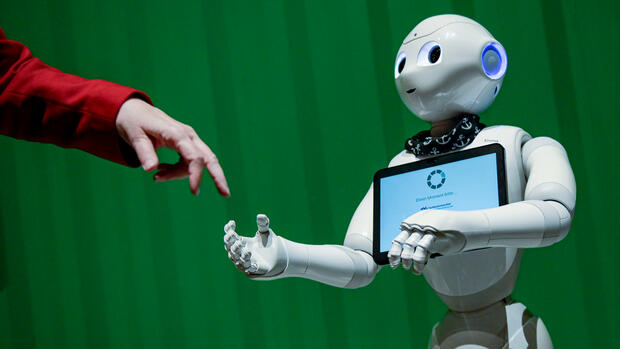Dangerous development? With the AI Act, Europe wants to create a legal framework for the technology.
(Photo: dpa)
Dusseldorf, Brussels The warning made headlines: an illustrious group of entrepreneurs and scientists led by Elon Musk are calling for artificial intelligence (AI) to be strictly regulated – no one can understand, predict and reliably control the new generation, which is said to be a threat to civilisation it in an open letter.
However, many managers, founders and researchers in Europe have other, contrary fears. Instead of uncontrolled development, they see the danger of over-regulation, which harms European providers in international competition. Competitors are more agile and have more capital.
Because: In the European Union (EU), the use of this technology could soon become significantly more difficult in the future. The institutions in Brussels are working on the Artificial Intelligence (AI) Act. The negotiations in the European Parliament are now entering the critical phase. What could the AI Act do – and what does that mean for European AI companies? The Handelsblatt answers the most important questions.
Read on now
Get access to this and every other article in the
Web and in our app free of charge for 4 weeks.
Further
Read on now
Get access to this and every other article in the
web and in our app.
Further
